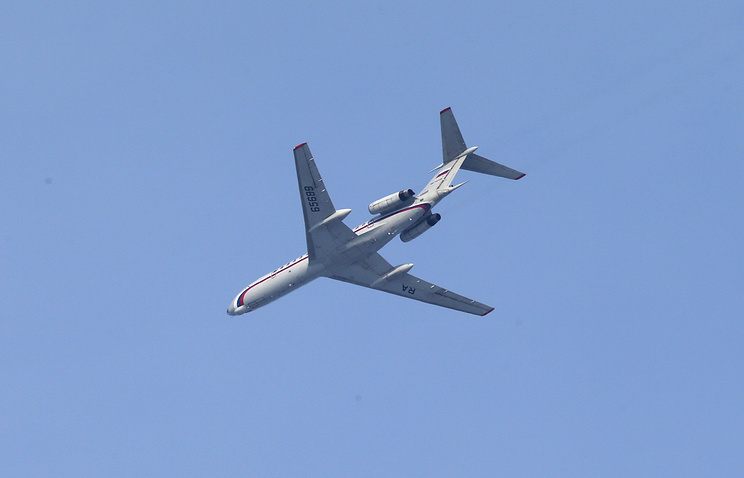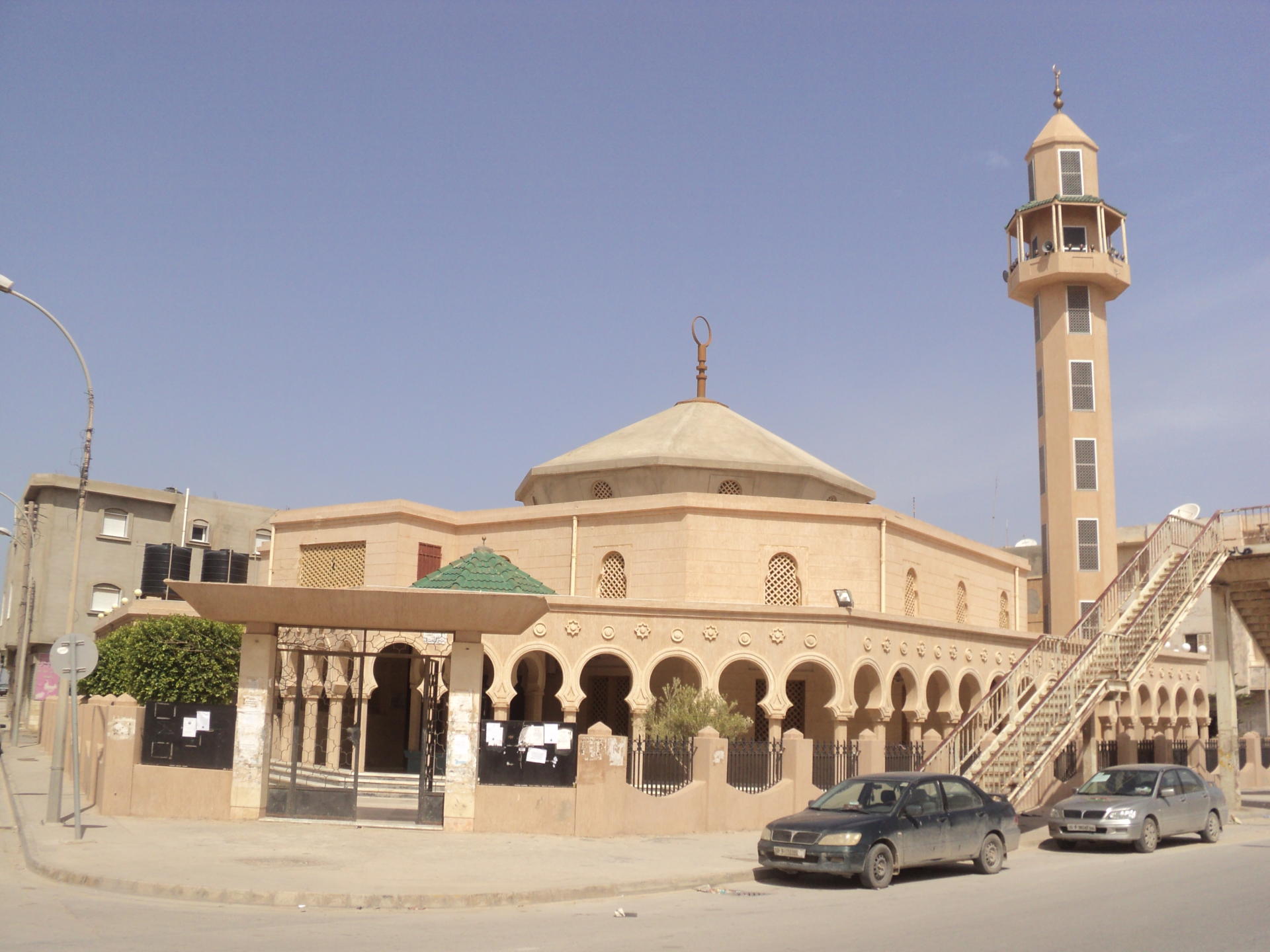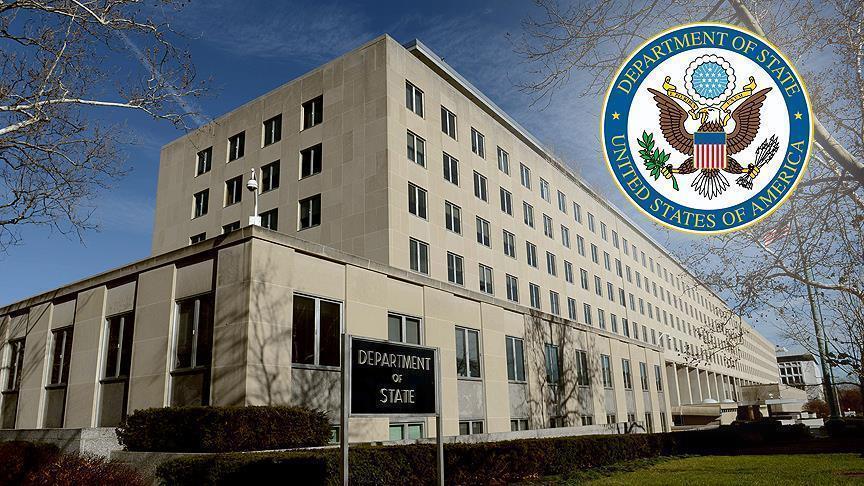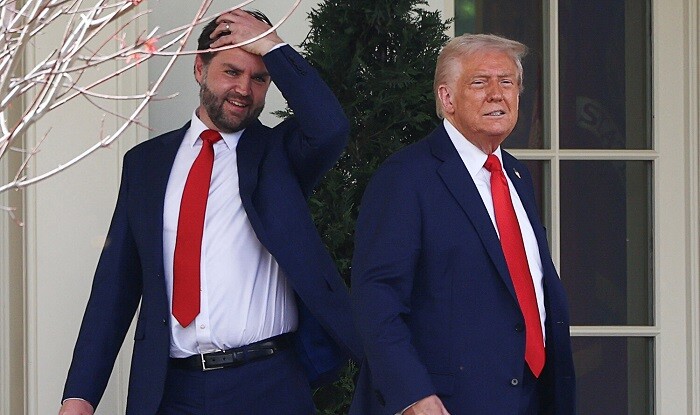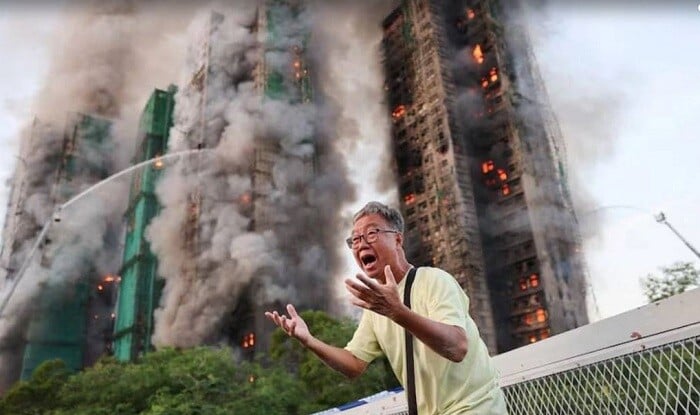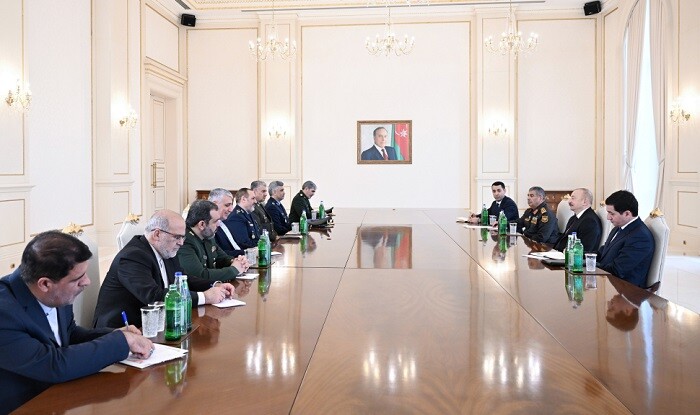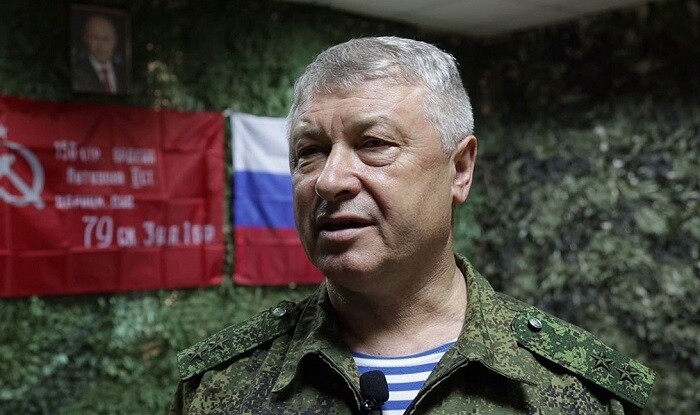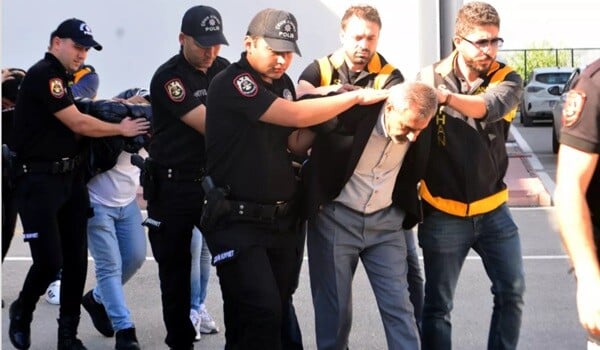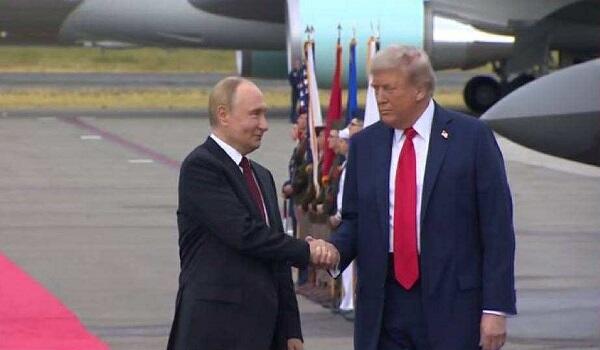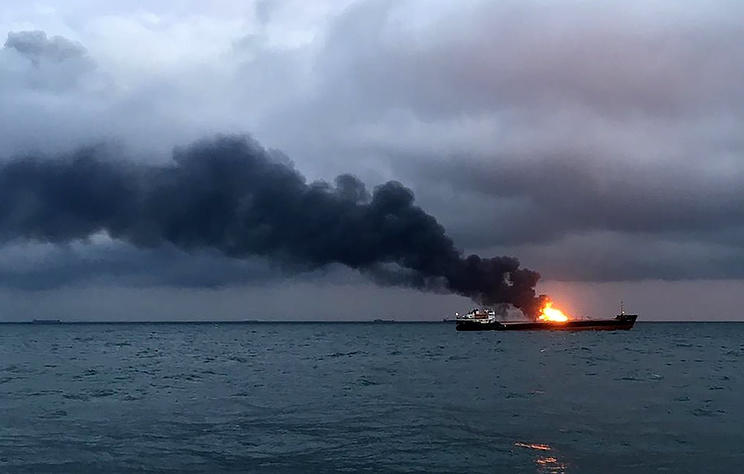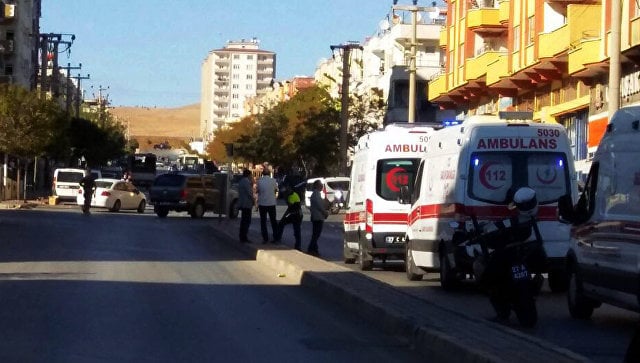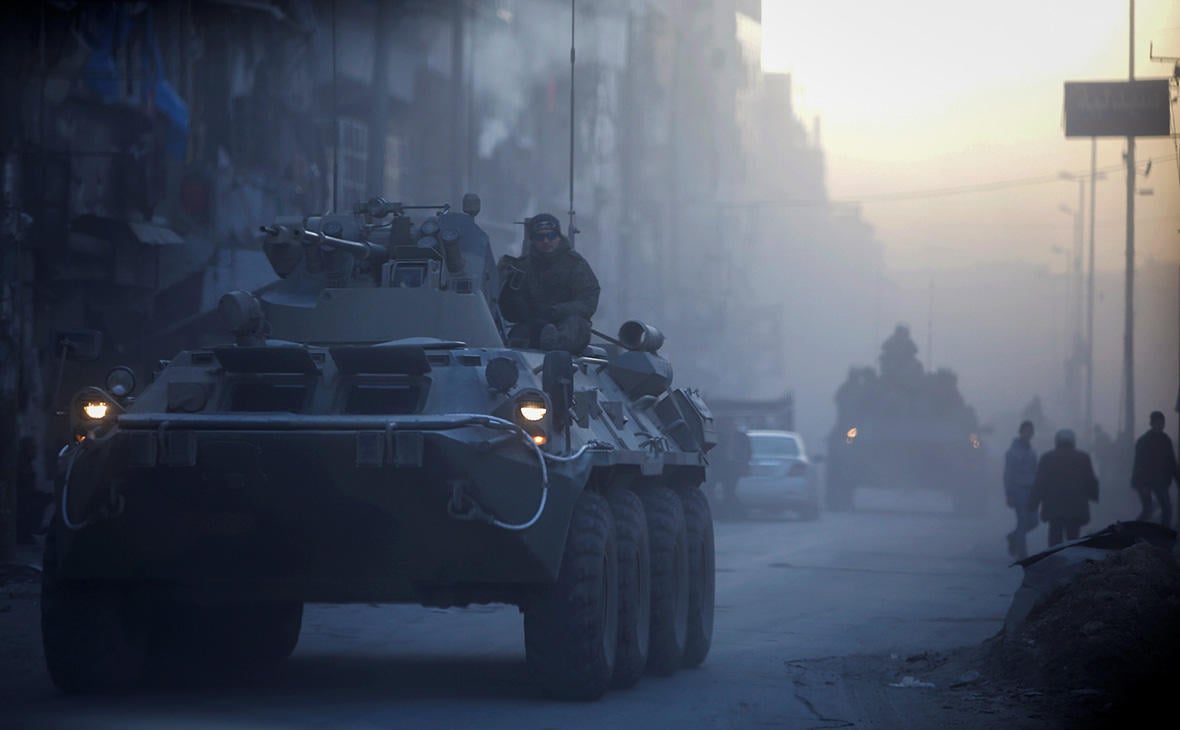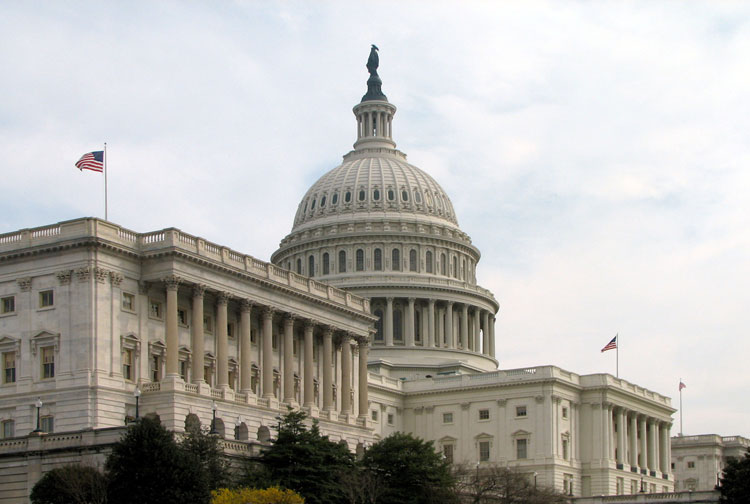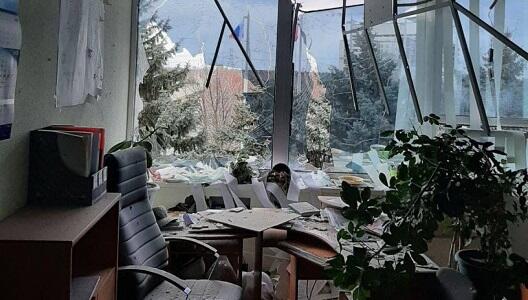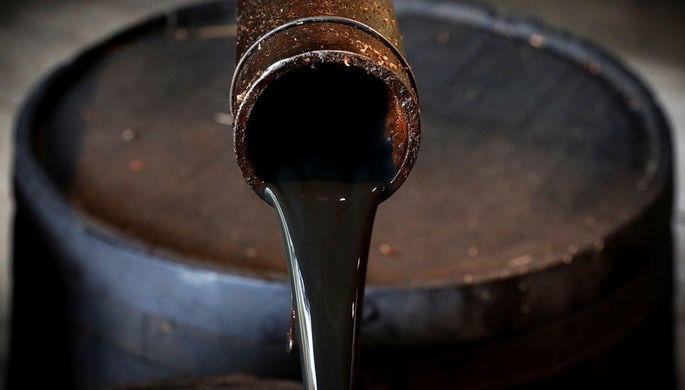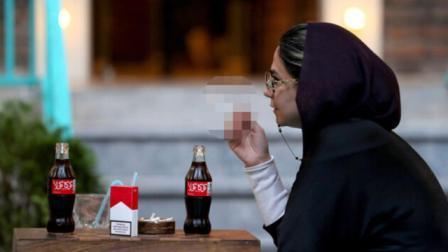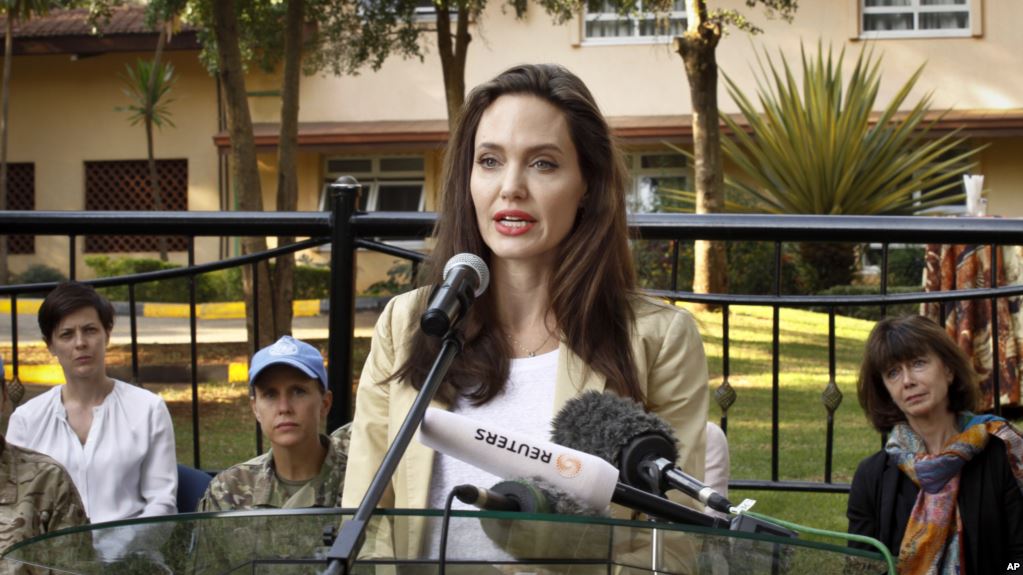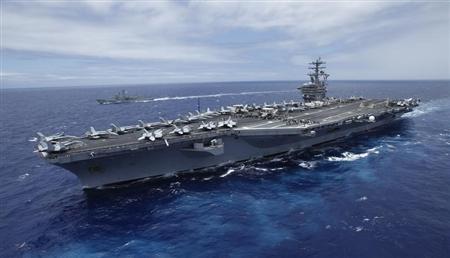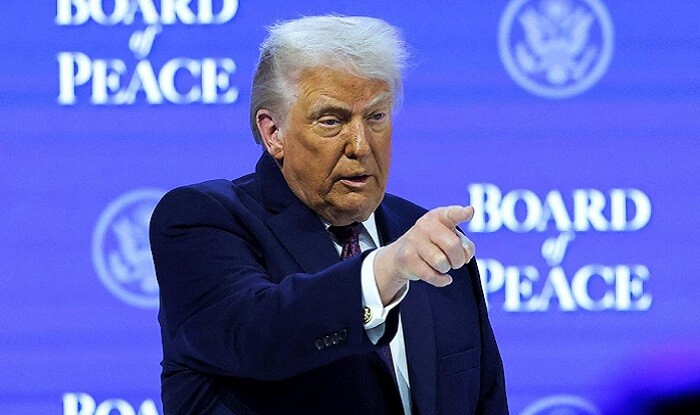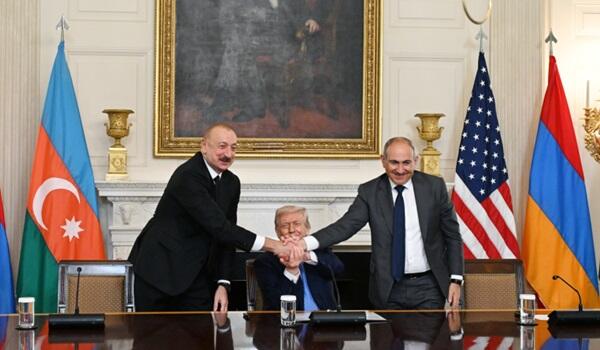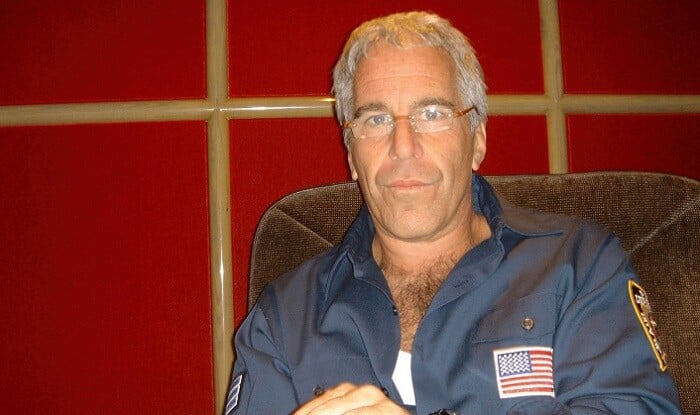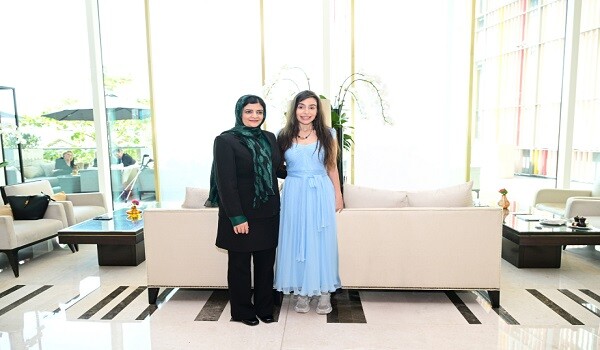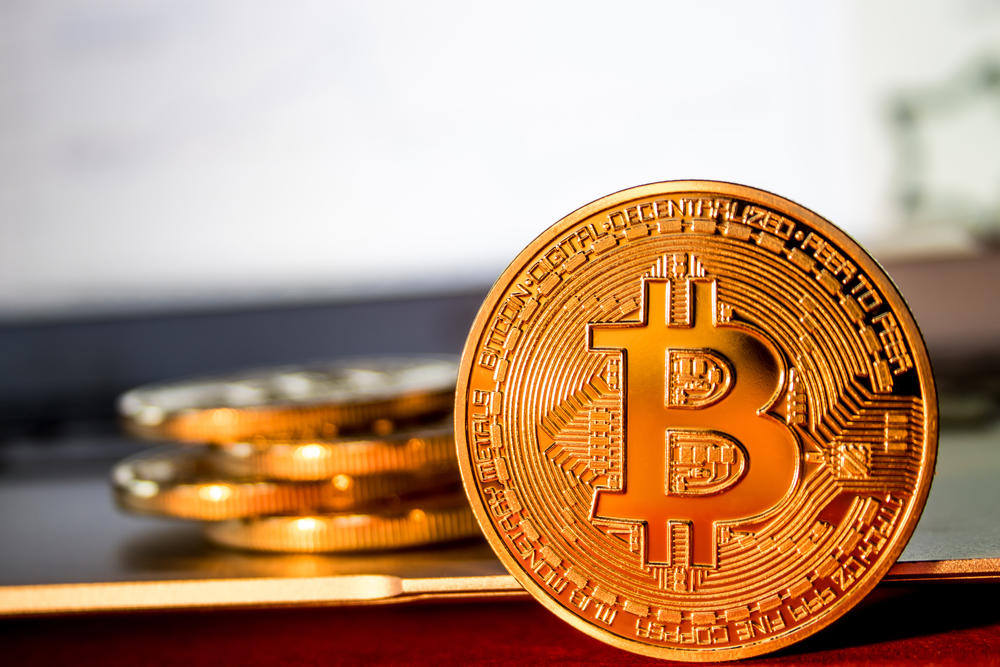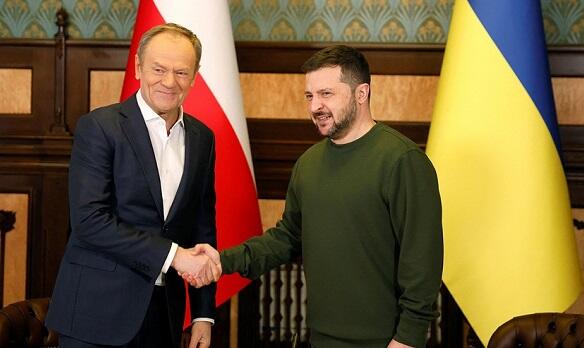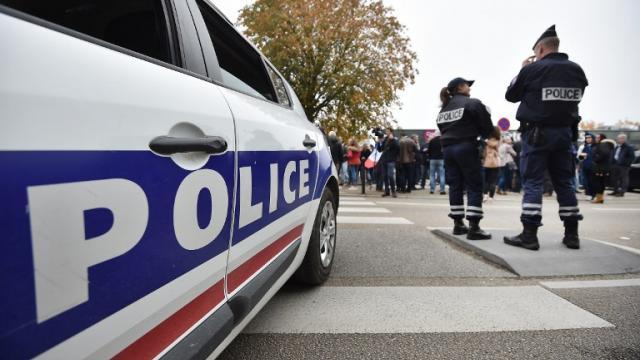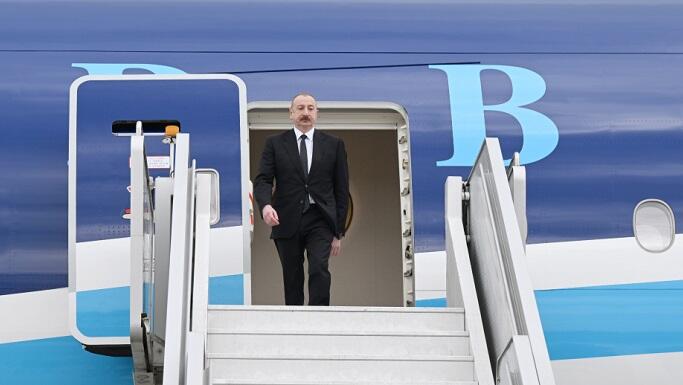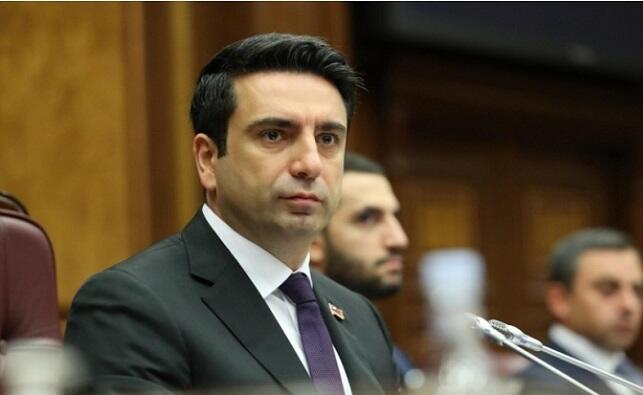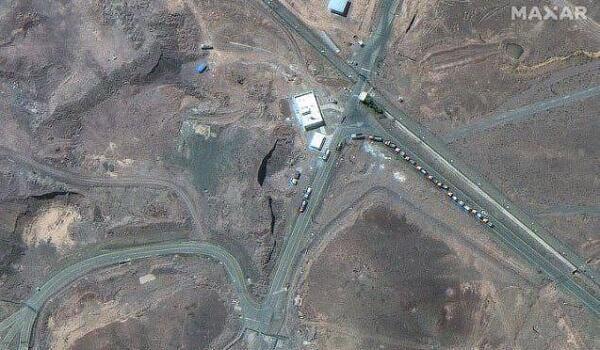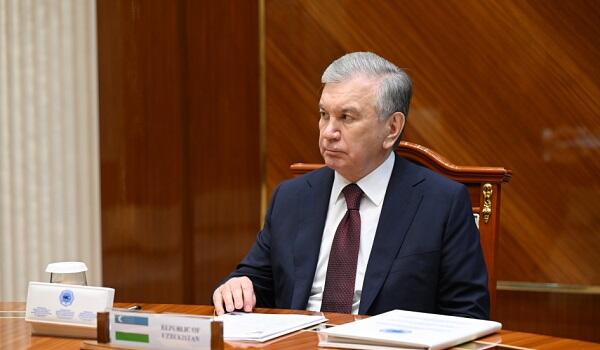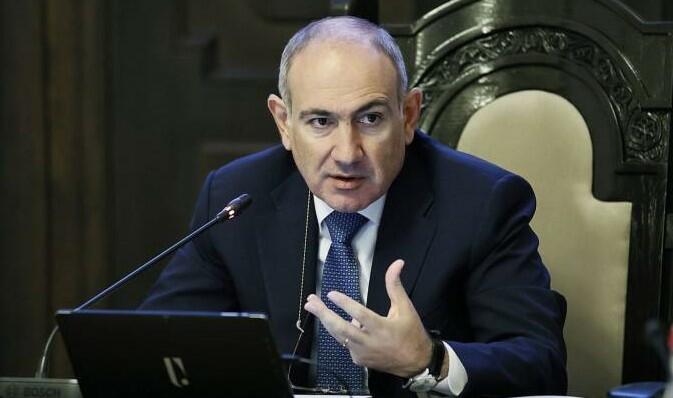As the struggle for independence among nations seeking to break free from France’s colonial grip intensifies, President Emmanuel Macron, who positions himself as a “guardian of democracy and human rights,” is confronting a significant challenge in New Caledonia.
In this overseas Pacific territory, France is struggling to meet the independence demands of the indigenous Kanak people. Despite Macron’s claims of promoting democratic ideals, the French government has resorted to violence in an attempt to suppress the burgeoning movement for self-determination. French strategists argue that maintaining stability in New Caledonia has become paramount, as the wave of political resistance and public demonstrations against French policies has begun to spread beyond the region’s borders, threatening to ignite similar independence movements in other former colonies.
Paris is acutely aware that any retreat from New Caledonia could result in a blow comparable to the loss of its African colonies. Over the years, independence movements in the Pacific territory have been met with brutal force, including mass arrests and the intensification of France's military presence.
New Caledonia is home to both indigenous Kanaks and French settlers. As a special administrative region, the Kanak people enjoy certain privileges, yet Macron’s government has manipulated referendum results by counting newly arrived French citizens as locals. These settlers have overwhelmingly voted to keep New Caledonia within France, a strategy that has perpetuated decades of unrest. The Kanak people's resistance to Macron's increasingly authoritarian regime has become one of the most prominent among former French colonies.
The French administration, now facing an uphill battle, remains determined to retain control over the territory until the end of Macron’s presidency. For his government, the loss of New Caledonia would not only be a significant geopolitical setback but a symbolic defeat at a time when France’s influence continues to wane on the global stage.
With Macron's term set to conclude in two years, time is running out. Already grappling with significant domestic challenges and ongoing foreign policy failures—most notably its expulsion from several African nations—France sees New Caledonia as critical to its remaining influence in the Pacific. Macron’s unsuccessful visit to the region earlier this year, aimed at revitalizing talks on the island’s status, proved to be a diplomatic misstep. He subsequently sent Overseas Territories Minister Manuel Valls to New Caledonia in a last-ditch effort to negotiate with local political forces and forge a consensus.
However, the outcome of the multi-stage talks held earlier this month was far from promising. France’s offer of "symbolic recognition" and "practical concessions" fell far short of the Kanak people’s demands. Notably, "symbolic recognition" refers to gestures acknowledging a group’s unique status without granting any real sovereignty or independence—an offer the Kanak people have consistently rejected.
Minister Valls issued an ultimatum to the Kanak leadership: "Either agreement or chaos." But despite the high stakes and a summit with FLNKS (Kanak and Socialist National Liberation Front) leaders at the historic “Deva Conclave” in 2024-2025, the talks ended without any resolution. Both loyalist factions and pro-independence groups have shown little willingness to compromise, deepening the divide and leaving the future of New Caledonia hanging in the balance.
As the pressure mounts, France finds itself at a critical crossroads. The coming years will determine whether New Caledonia remains under French control or whether the Kanak people’s long-fought struggle for independence will finally be realized.
